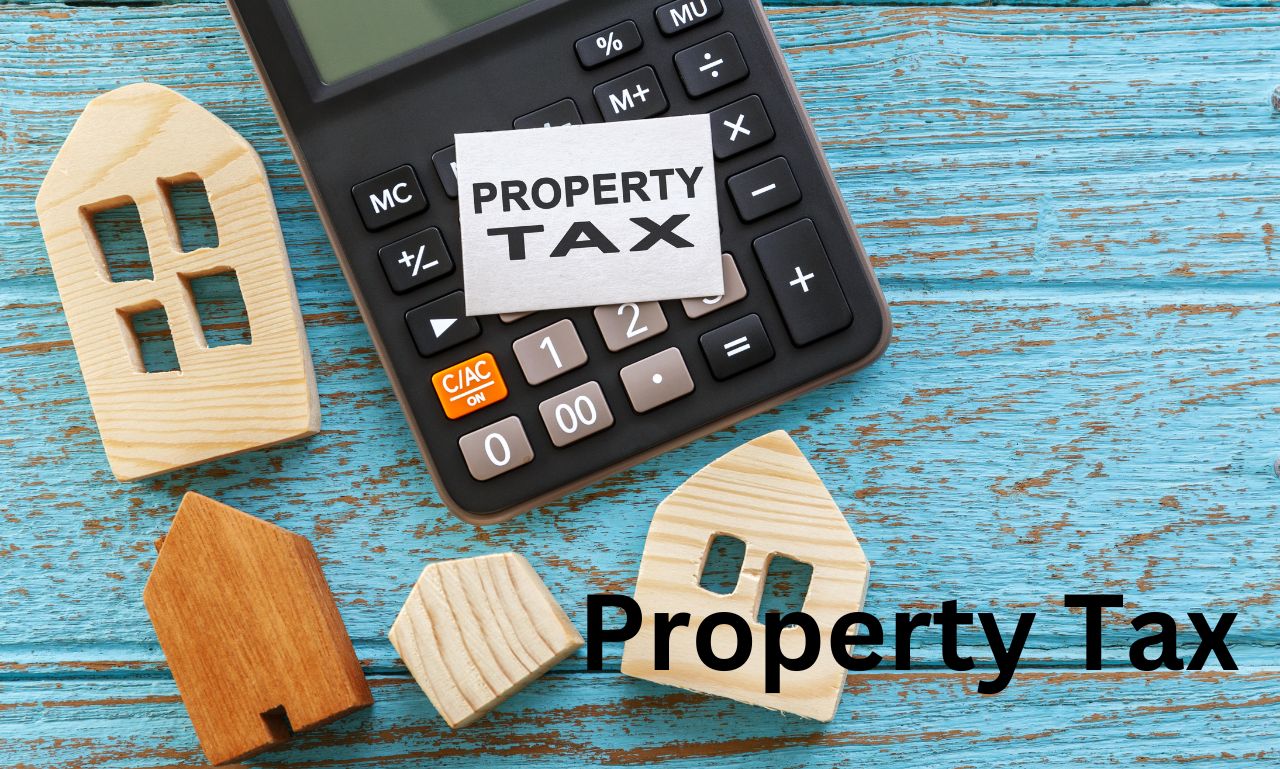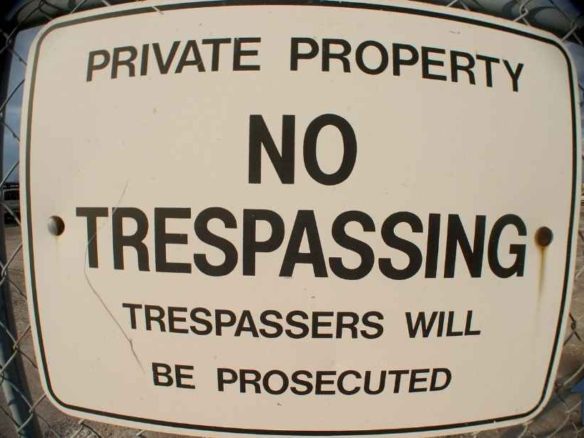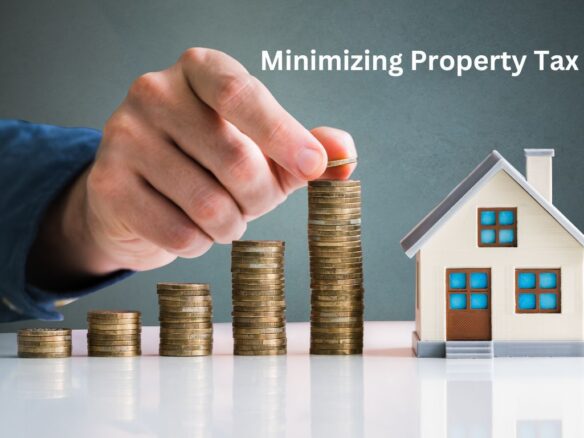Property tax is a tax that the government puts on land. That pays for many public services, such as schools, roads, police, and fire departments. If you own property, you should know how property tax works and how it affects you. In this article, we will talk about the basics of property tax. Including how it is calculated. How it can affect your finances, and what you can do to lower your property tax bill.
How Property Tax is Calculated
Your property tax is based on how much your property is worth. An assessor will figure out how much your property is worth by looking at things like where it is. How big it is, and how much similar properties in the area are worth. Assessor will then figure out how much your property tax bill will be based on your property’s worth. Then Value and the tax rate are then used to figure out how much tax you owe.
How Property Tax Can Affect Your Finances
Property tax can have a big effect on how much money you have. It is usually a recurring cost, and the amount you owe will probably go up as the value of your property goes up. If you just bought a house, it’s important to know how much property tax you can expect to pay each year. This will help you make plans for the future and set aside money for this cost.
Minimizing Your Property Tax Bill
There are a number of things you can do to keep your property tax bill as low as possible. One of the best things you can do is make sure that your property is valued fairly. If you think your property is being assessed too high, you can appeal the decision and show proof to back up your case. One more thing you can do is take advantage of property tax exemptions and credits if you are eligible. For example, some states give seniors or people with disabilities a break on their property taxes.
Managing Your Property Tax Bill
To handle your property tax bill, you need to know what’s going on and keep track of your spending. This means keeping up with changes to property tax laws and rules and checking your property tax bill often to make sure you’re paying the right amount. If you have questions or concerns about your property tax bill, you should talk to your local tax assessor for help.
Conclusion
Property owners need to know a lot about property taxes because they are an important cost. It is a tax on real estate that helps pay for public services. The amount you pay is based on how much your property is worth. Property tax can have a big effect on your finances, but you can take steps to keep your bill as low as possible. You can make sure you pay the right amount of property tax and manage your money well by staying informed and taking advantage of exemptions and tax credits.
Property Tax FAQs
Here are some common questions and answers about property taxes:
Q: What is property tax?
A: Property tax is a tax imposed on real property (land and buildings) by the government. The amount of tax is usually based on the value of the property.
Q: Who pays property tax?
A: Property tax is typically paid by the owner of the property.
Q: How is property tax calculated?
A: Property tax is usually calculated as a percentage of the assessed value of the property. The assessed value is determined by the local government and is often based on factors such as the size, location, and age of the property.
Q: Are property taxes deductible on federal income tax returns?
A: Yes, property taxes are generally deductible on federal income tax returns.
Q: Can property taxes be appealed?
A: Yes, property owners can usually appeal their property tax assessment if they believe it is too high.
Q: When are property taxes due?
A: The due date for property taxes varies by jurisdiction, but they are typically due once a year.
Q: What happens if property taxes are not paid?
A: If property taxes are not paid, the government may place a lien on the property and take legal action to collect the taxes owed, which may include foreclosure.






Join The Discussion